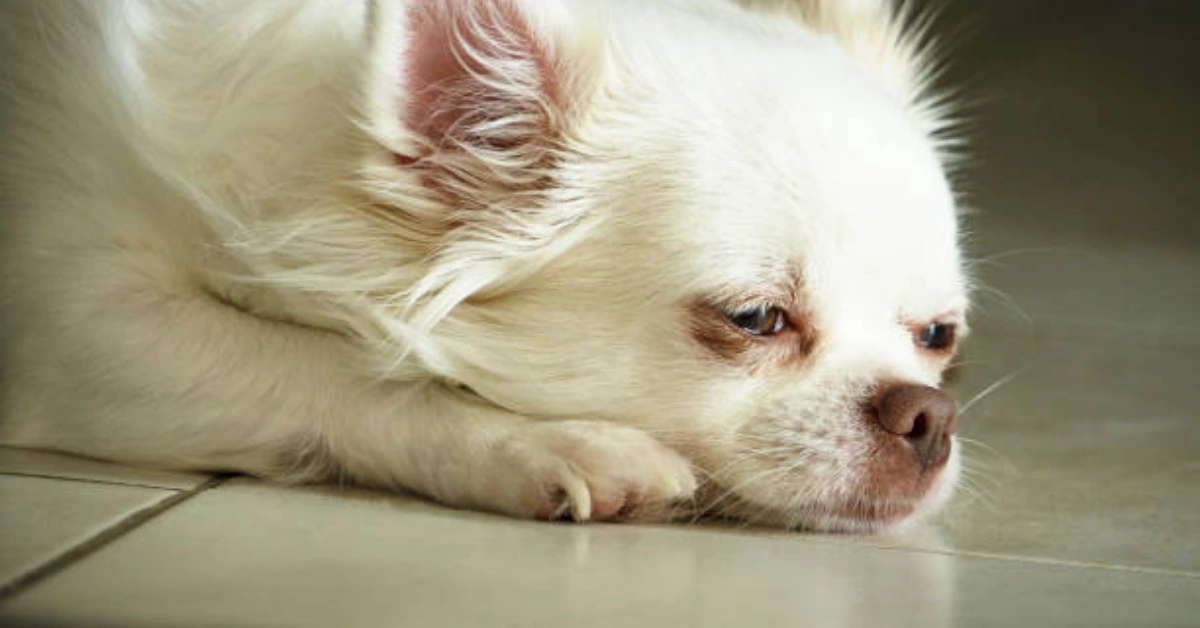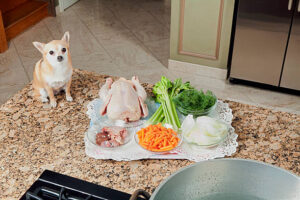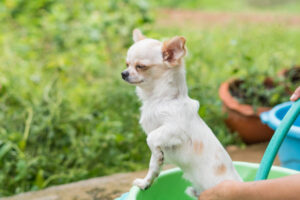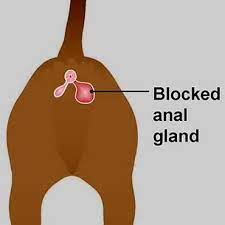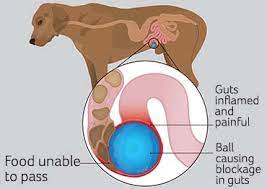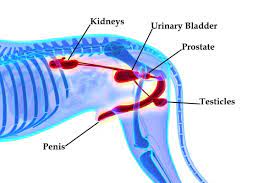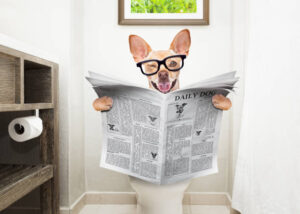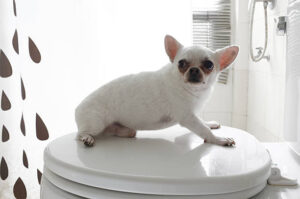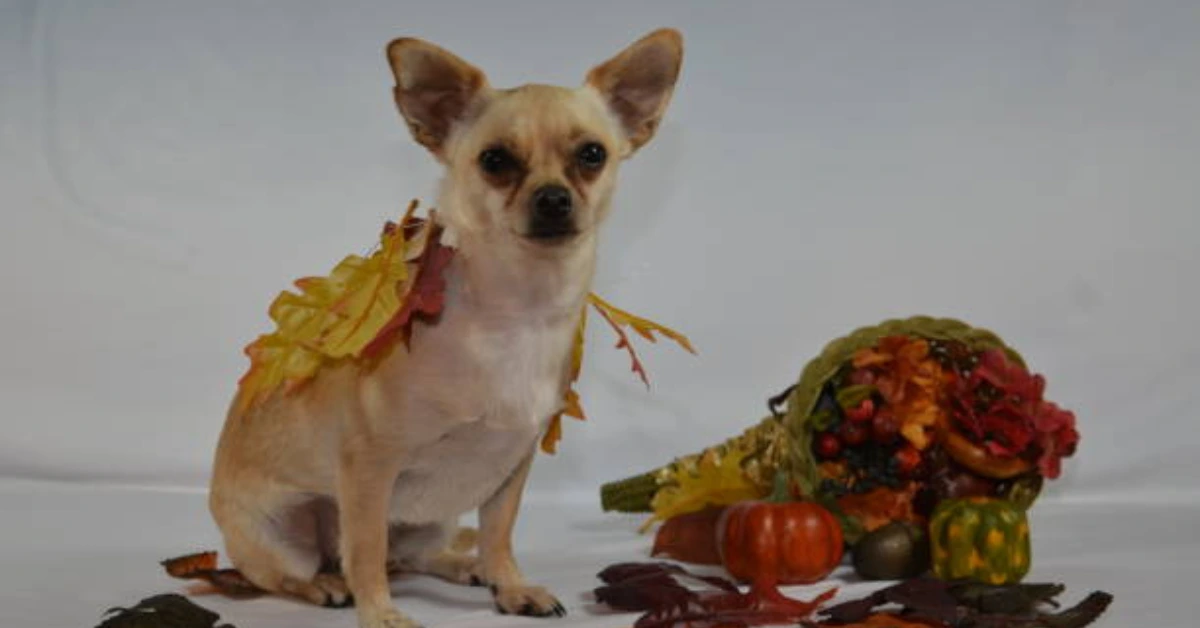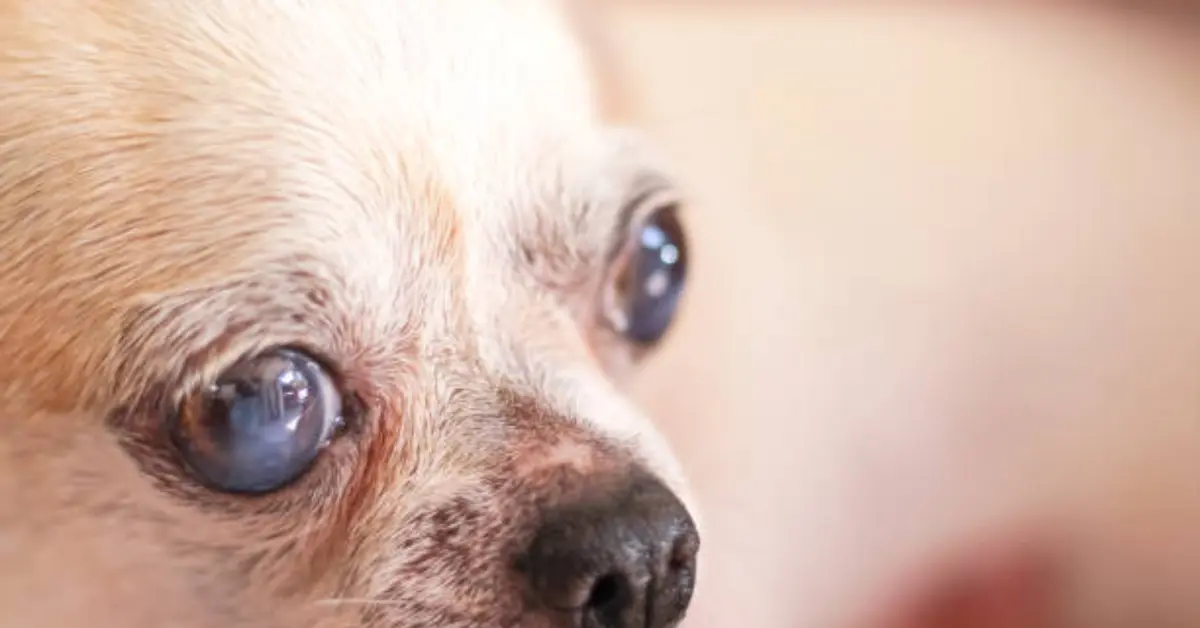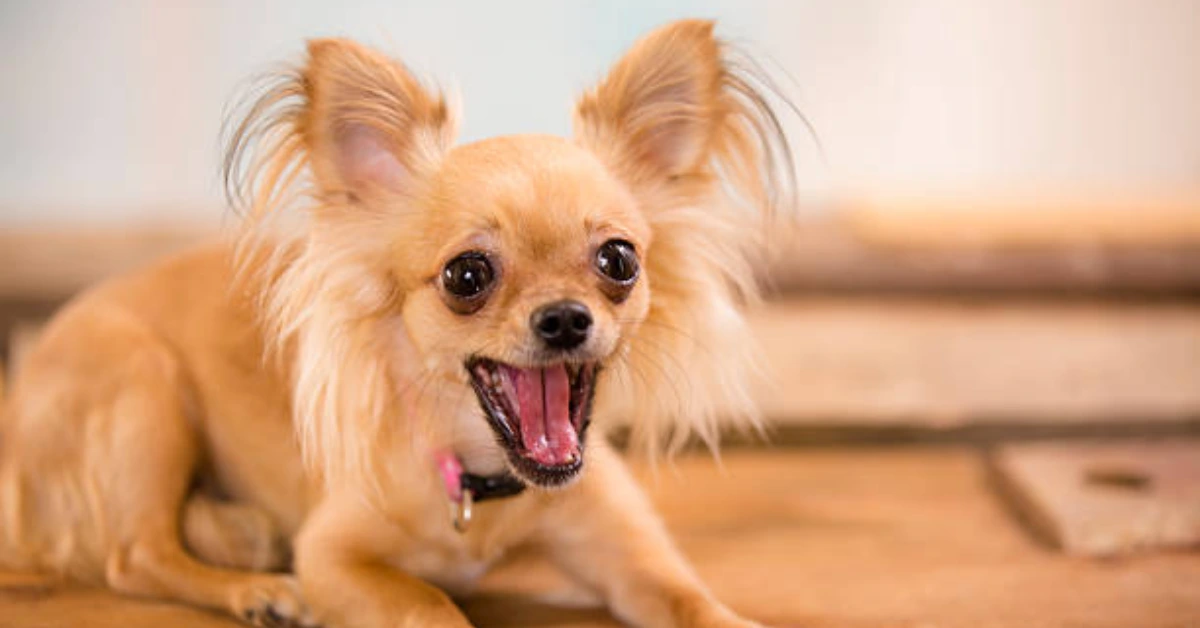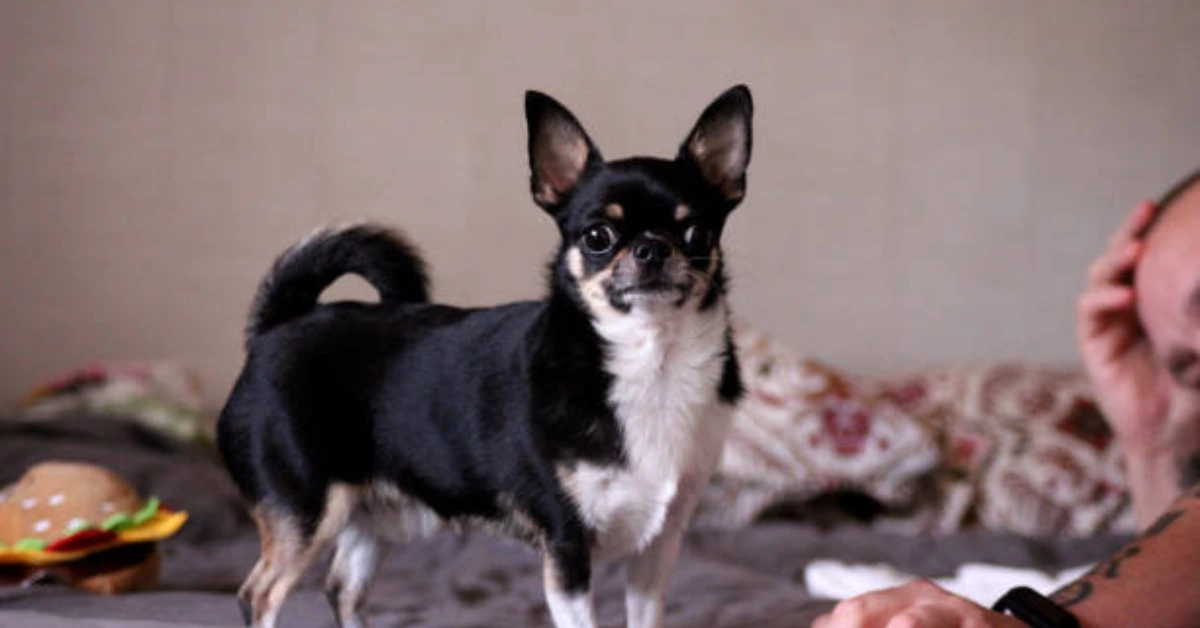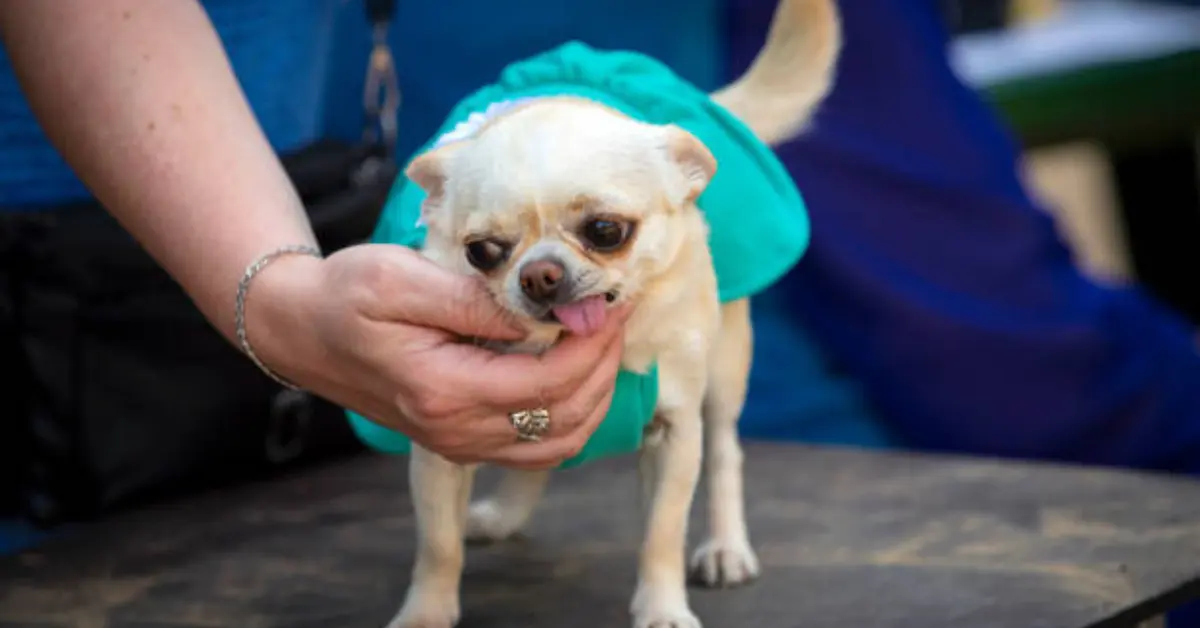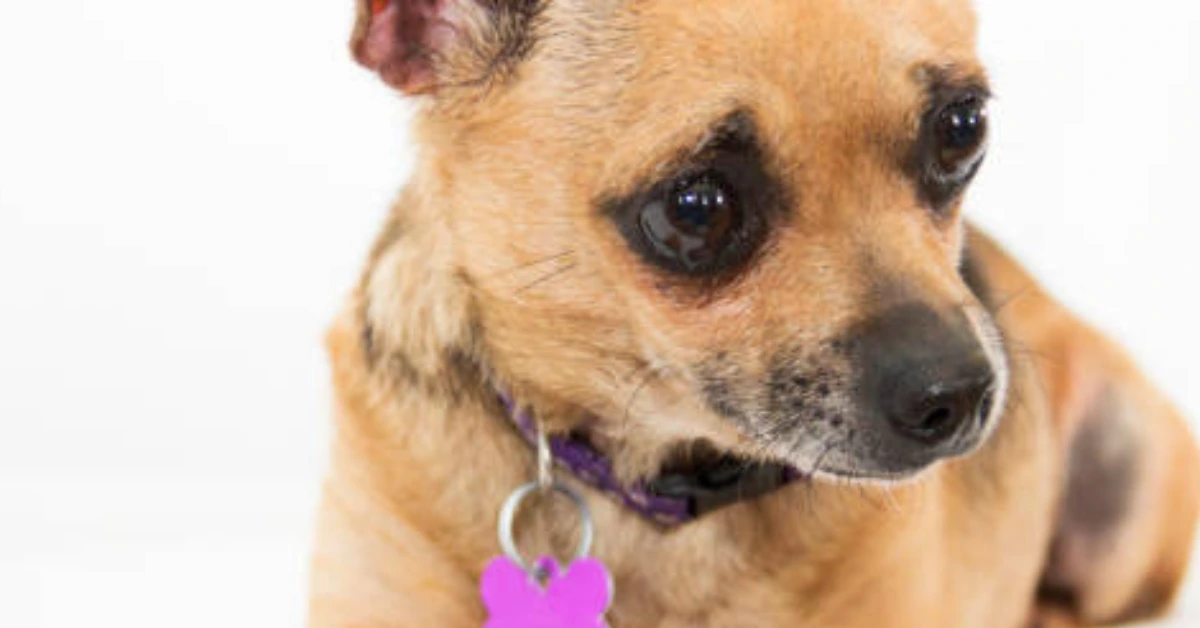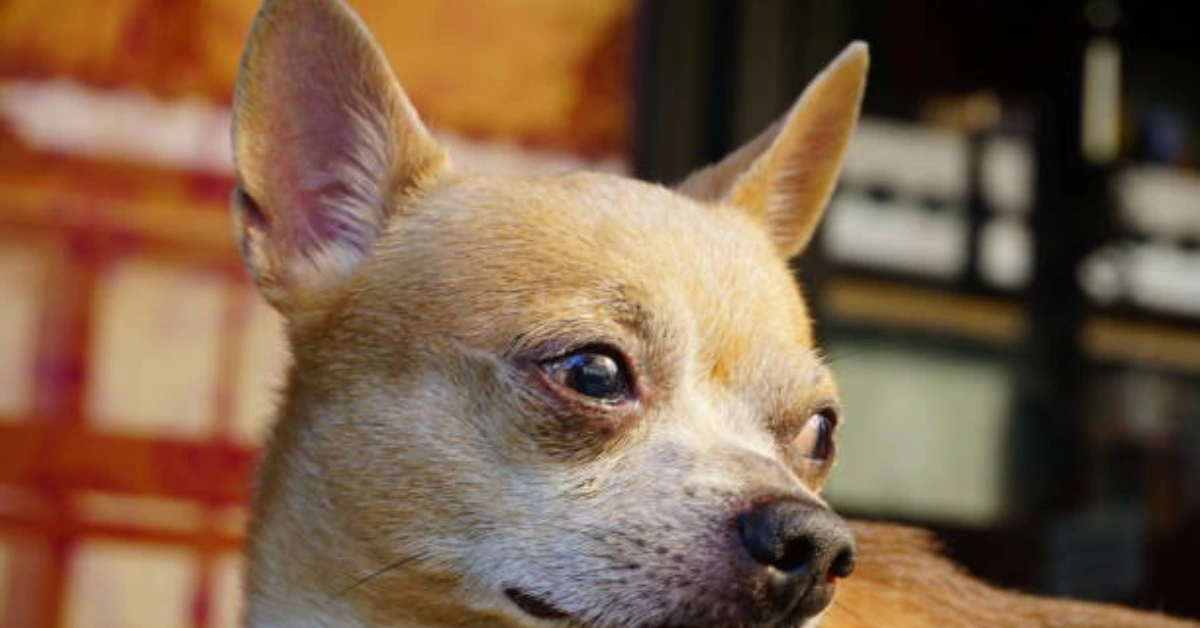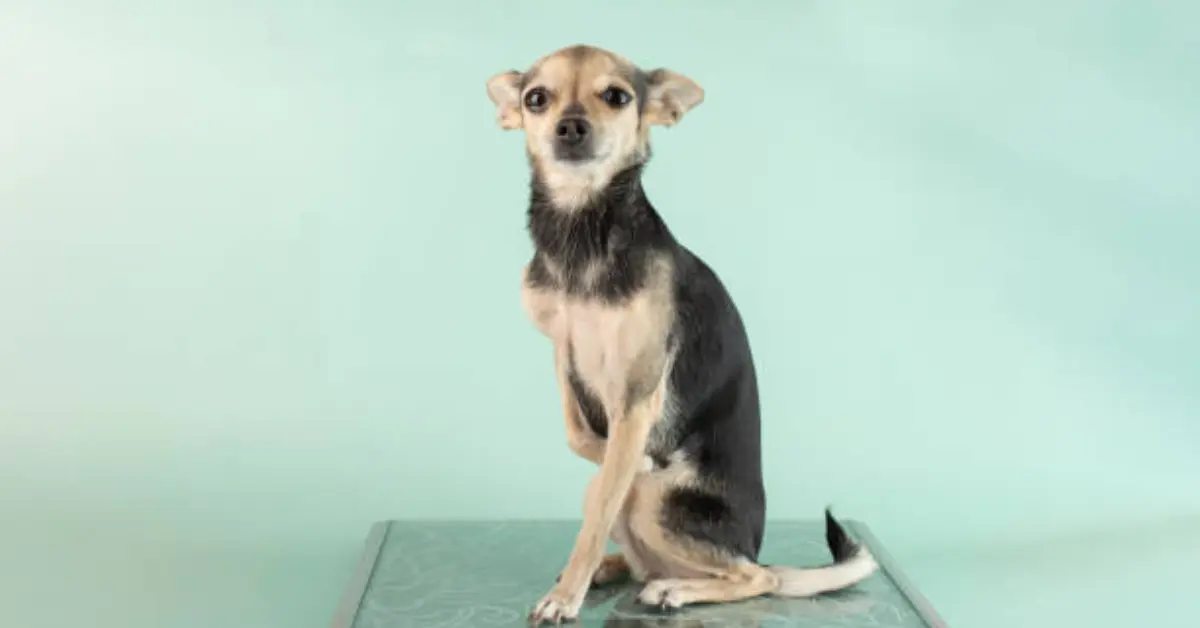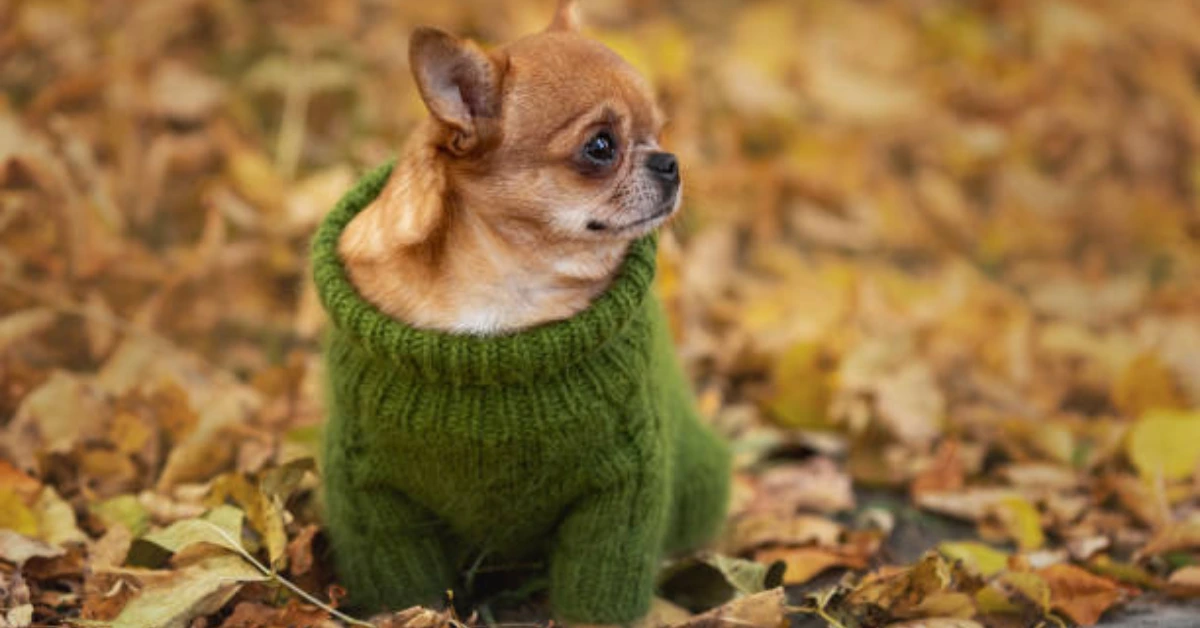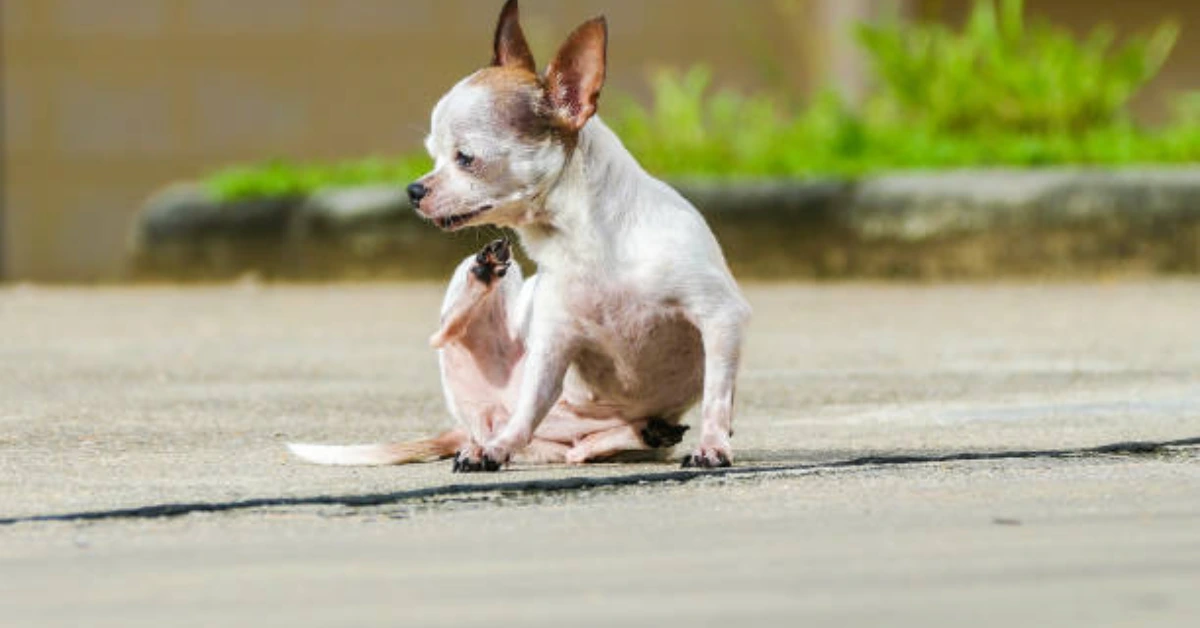It can be unsettling when you become aware of your small Chihuahua Constipation problems or suspect a problem.
This can hurt a Chihuahua when it stretches to force out a bowel movement. Or it can be quite uncomfortable for a puppy or dog.
It’s advisable to take care of this as soon as you notice that your Chihuahua is experiencing problems urinating because there are several things you may do at home.
Advertisement
Symptoms Of Constipation In Chihuahuas
A Chihuahua puppy or adult experiencing constipation will exhibit one or more of the following signs and symptoms. For at least two consecutive bowel movements or a minimum of twenty-four hours:
- Difficulty removing waste from the body- Your dog may strain and have difficulty removing waste. The dog may indicate this through his facial expressions or by yelping or whining to let people know he is in discomfort.
- Rarely uses the restroom- Many dogs, especially pups, relieve themselves 20 to 60 minutes after every meal. Certain adult Chihuahuas will only go potty once a day.
A dog’s volume of excrement is determined by the kind of food he eats, how much he eats at once, and how much fiber the food contains. On the other hand, if a puppy or dog has constipation, they will only be able to pass some excrement every other day and will go from 3 to 1 times per day, sometimes skipping days altogether.
- Hard stools- Poop that resembles hard tiny pellets may be discharged when it contains very little water. A healthy poop’s typical consistency is like a thick paste or maybe like Play-Doh.
The stool would presumably stick together for a little while before slowly breaking off and falling to the ground if you were to lift it and hang it in the air. Stools that are too flowing to fit within those parameters can be classified as having runny stools; however, hard, crusty, or piecemeal stools typically indicate constipation.
Causes of Constipation
Any age dog may experience abrupt difficulties with their bowel motions due to several factors:
1. Lack of fiber
A Chihuahua that consumes a healthy diet will have enough soluble fiber, which helps the feces retain the right amount of water, making it softer and easier to pass. High-quality commercial products have the right levels of fiber, but since every dog is different, a Chihuahua can require additional fibrous components to maintain the health of his feces.
2. Lack of adequate water
One of the main reasons for constipation is this. Although this small toy breed does not require large amounts of water to stay hydrated (dogs require 8 ounces per day for every 10 pounds of body weight), a Chihuahua may experience mild dehydration if he does not drink enough, if his activity level increases, if the air temperature rises without him drinking more water, or if he switches from wet to dry food, which causes him to drink less water than usual.
3. Diet Change
Just like people, dogs that overindulge in particular meals may get constipation. Additionally, a Chihuahua’s nutrition may see mild changes that could cause issues. Cheese and other dairy products, as well as red meat—which is fatter and has more protein fiber than white meat—may make dogs constipated. Red meat can also be harder for certain dogs to digest than white meat.
This is one of the reasons white chicken meat is one of the best sources of protein for dogs and why a small amount of milk can help treat diarrhea.
When a Chihuahua breed is introduced to a new diet too soon, they may experience stomach problems. While switching from a wet to a dry brand might result in constipation, if done too quickly, switching from a dry to a dry brand can also create upset stomach troubles and other problems. It’s preferable to implement changes gradually over a few weeks.
4. Lack Of Exercise
There are numerous ways that exercise maintains a dog’s health. It keeps the heart healthy, helps a Chihuahua burn off extra energy, maintains muscle mass, keeps things moving smoothly, and prevents sluggish bowel motions.
Proper exercise for a dog can reduce the time it takes for food to pass through the big intestines, which can restrict the amount of water that is extracted and result in better feces. The majority of Chihuahuas thrive on two walks every day, preferably for at least twenty minutes, and at a fast pace.
5. Stress
Any alteration to a dog’s routine has the potential to throw off his body cycle due to internal stress. Constipation can occur in a Chihuahua when he moves to a new house, when a human or pet family member is introduced, or even when he travels. The digestive tract was affected even by extreme separation anxiety.
Heath Issues that May Lead to Constipation
It’s vital to remember that some medical conditions do have constipation as one of their symptoms before we get into some effective at-home treatments for the condition. It’s crucial to take a Chihuahua to the vet to rule out the following conditions if treatment at home isn’t working:
1. Dehydration
Constipation can result from not drinking enough water, as was previously discussed. Consequently, the more serious condition of real dehydration can also influence bowel motions.
This might happen if a dog or puppy is exercised in hot weather, isn’t provided enough water, is sick, or experiences other situations where the dog isn’t drinking.
Additional signs and symptoms include pale gums, sunken eyes, weakness, disorientation, and/or hard breathing.
Testing the blood vessel response in the gums is a rapid way to determine whether your Chihuahua is dehydrated, even in mild cases. You firmly press your finger into the gums and hold it there for five counts.
When you release your grip, there should be a tiny white patch where your finger was; this will quickly return to its natural color when hydrated. The recovery of color in a puppy or dog that suffers from dehydratation will take longer than five seconds.
2. Blocked anal sacs
Anal glands are found in pairs in all dogs, one on each side of the anal aperture. Scent glands is another name for them. They usually contain oily material that is secreted in little amounts when two dogs come into contact or when a dog passes gas.
These can occasionally get affected or engorged with too much fluid, in which case the fluid thickens and becomes paste-like. If so, they might prevent feces from passing through normally.
3. Internal blockage
If a Chihuahua eats something that isn’t food or an unsafe food like rawhide that is hard to process, it can block the stomach or intestines partially or completely. This can lead to constipation and other serious internal problems.
A startling array of objects, such as paper clips, socks, shoelaces, stones, and rolls of medical tape, have been reported to be ingested by dogs through their mouths. There is an infinite list.
Dogs of any age can mouth objects, and they frequently do so to simply ask themselves “What is this?” rather than to swallow the object. And there may be very dire repercussions. Intestinal or stomach blockage can be lethal if left untreated.
Some symptoms include trying to throw up, throwing up (food, water, or stomach bile, either clear or yellow), straining to go to the bathroom, acting scared, having difficulty eating or drinking, and/or having an enlarged abdomen.
Seeing a veterinarian as soon as possible is crucial if you fear that your Chihuahua has swallowed something that is the cause of his constipation, or if you detect that he has gotten into something that he shouldn’t have.
4. Enlarged prostate gland
For intact male canines, this condition may be the result of hormonal imbalances and has a direct relation with age. Additional symptoms could be trouble urinating, blood in the urine, or feces that come out in thin strips, sometimes called ribbon-like formations.
Treatment for Constipation in Chihuahuas at Home
Although many Chihuahuas can benefit from these at-home remedies, it’s crucial to assess their efficacy and take your dog to the veterinarian if your pet does not recover within a day. You can take the following actions to treat minor, acute cases at home:
1. Increasing the diet’s fiber intake
In cases of acute, mild to moderate constipation, typically moves things along; however, be careful to offer the proper amounts since too much fiber can be counterproductive and induce binding.
Fresh canned pumpkin is one of the greatest techniques that most Chihuahuas will tolerate. Most puppies and dogs think it tastes nice and it’s simple to incorporate into kibble, wet food, or home-cooked meals.
You should give a Chihuahua one teaspoon of pumpkin. Puppies (less than a year old) often respond best to one dosage per day, whereas adults who weigh five pounds or more, which is the upper end of the breed’s weight range, respond best to two doses each day.
2. Analyze how much water your Chihuahua consumes
Urge your Chi to increase her water intake. One good way to get your dog to drink on cue, as many dogs would do for a food crumb. It is to serve fruit with a high water content. Watermelon, strawberries, oranges, and raspberries are a few nutritious options. The moderate amounts of fiber in the latter three will also be beneficial. Although many Chihuahuas prefer frozen fruits, these can be fed fresh as well.
3. Examine your Chihuahua’s level of activity again
Getting back into the daily practice of taking your dog or puppy for vigorous walks twice a day will help their digestive system get back on track. If things have been hectic and no one has been taking them for regular walks lately.
Prevention
Keep in mind that you should try to avoid constipation in dogs. Because it may be extremely painful and may require veterinary care. The following actions can help to ensure that your Chihuahua is having regular, healthy bowel movements:
1. Regardless of how old your Chihuahua may be, puppy-proof the house. Dogs of all ages can express curiosity by mouthing and eating objects that are not food. Even if they have never done so before. Regularly remove anything that fits into the mouth from the floors and any other areas the puppy or dog can access.
2. Steer clear of bones (even raw ones), rawhide, and other goodies that are difficult for your Chihuahua to digest.
3. Make sure your dog, or puppy, drinks enough water. To make sure your dog stays well hydrated, use a filtered dog water fountain or provide fruit.
Furthermore, it’s advisable to pack water in a canine travel container for your Chihuahua. While going for walks or other outdoor activities. Most dogs will lap in water while they’re out and about. This is frequently more effective than expecting them to drink enough when they come home.
4. Give your Chihuahua frequent exercise. This is essential for general health. It can prolong a dog’s life, help maintain your dog in peak physical condition, and enable the body to function at its peak.
When Veterinary Professional Care Is Necessary
If your puppy or dog:
- Constipated for longer than 48 hours;
- Constipates frequently
- Has any additional symptoms, such as dry heaving, agitation, laborious breathing, vomiting, weakness, fever, appetite loss, inability to adequately drink, or bloated stomach?
- Demonstrates any indications of discomfort, such as pacing, hiding, cowering in his bed, restlessness, etc.
It will be crucial to take him/her to the vet as soon as possible.
In addition to a complete physical examination. Blood work, an electrolyte panel, a urinalysis, and maybe some x-rays or ultrasounds, the veterinarian will assess the Chihuahua. If there is an obstruction, your vet will demand urgent surgery. But in the majority of cases of severe constipation, stool softeners, and enema procedures may be administered.
IV fluids may be administered if there are signs of mild to severe dehydration. Some dogs just need to stay one or two nights after receiving treatment before they may return home.
Last Word
When you notice constipation in your chihuahua dog, first attempt to relieve their symptoms naturally. You should take them to the veterinarian if you have exhausted all other options and they are still unable to make regular feces.
YOU MAY ALSO LIKE :
My Chihuahua Is Eating Their Poop—Why? How Can I Get Rid Of That Bad Habit?
Advertisement

